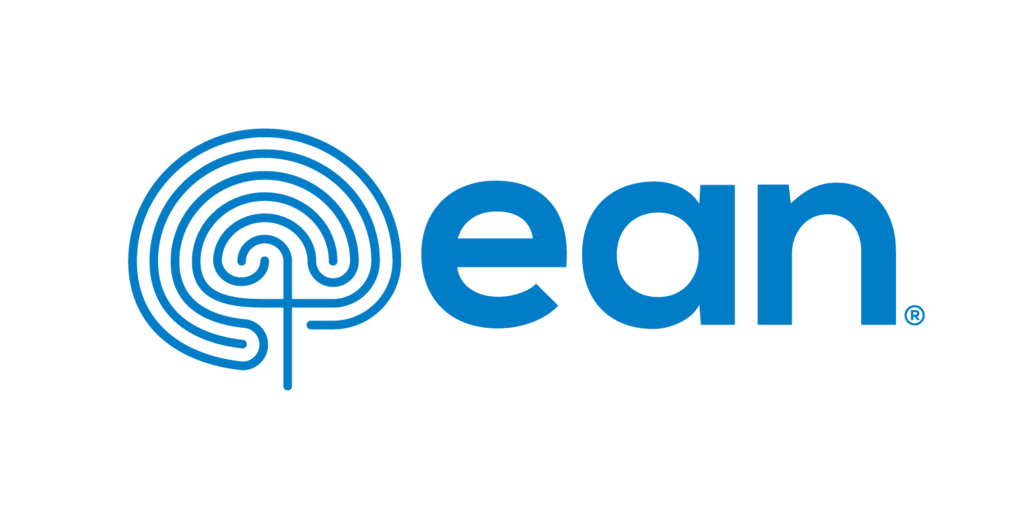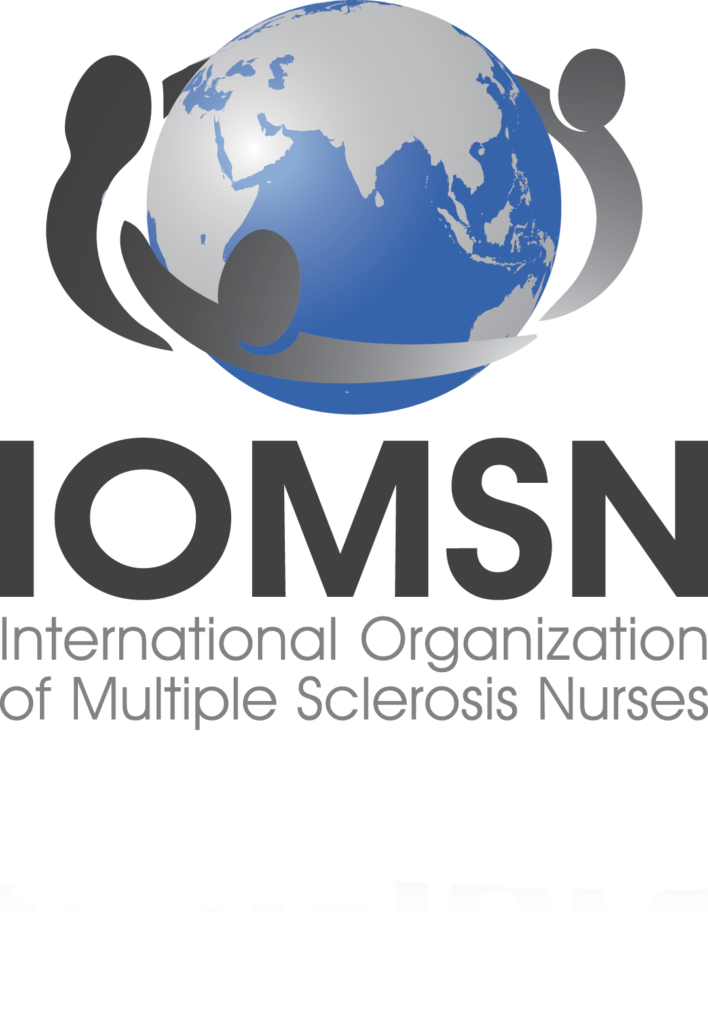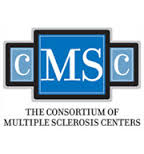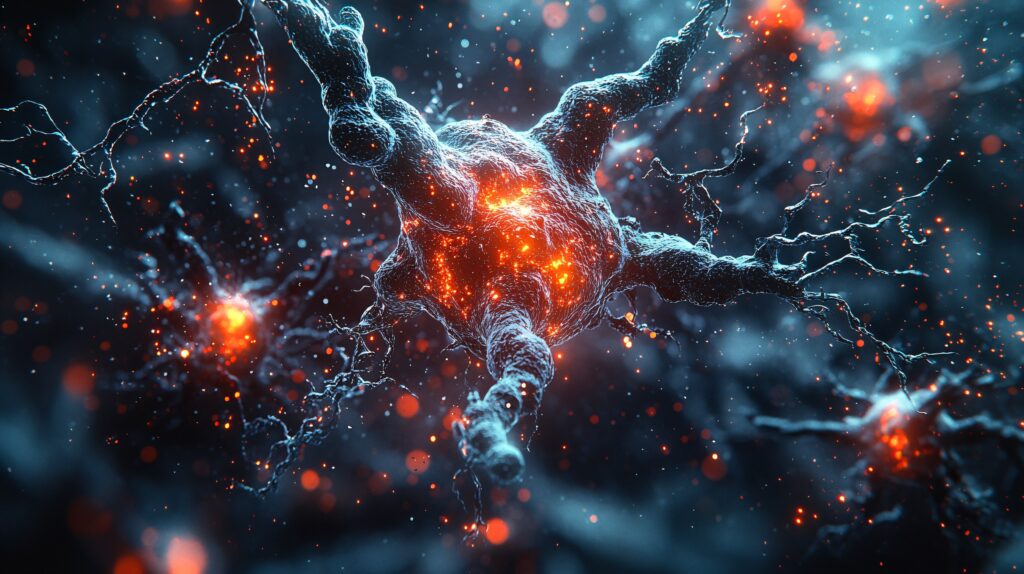Multiple Sclerosis
An Introduction to Multiple Sclerosis
Multiple sclerosis (MS) is an immune-mediated inflammatory demyelinating disease of the CNS and one of the most common causes of neurological disability in adults. It is characterized by a relapsing-remitting clinical course, which progresses to a more chronic progressive phase, although a minority have a progressive course from onset. Numerous disease-modifying therapies (DMTs) have emerged, including oral (fingolimod, dimethyl fumarate, teriflunomide, cladribine, siponimod, ozanimod), injectable (glatiramer acetate, pegylated interferon beta-1a) and intravenous (alemtuzumab, ocrelizumab) options. Challenges include switching therapies in patients who become refractory to initial treatment. MS is also the fastest growing indication for autologous haematopoietic stem cell transplantation in Europe, with a growing body of evidence supporting its use in highly active relapsing-remitting MS that does not respond to DMTs.
Browse video highlights and short articles from the conference hub, providing insights into the latest updates from major conferences and peer-reviewed articles from the journal portfolio. This is complimented by a range of educational activities from our expert faculty, with patient outcomes at the forefront.
Our supporting partners do not constitute an endorsement of the content on this page.
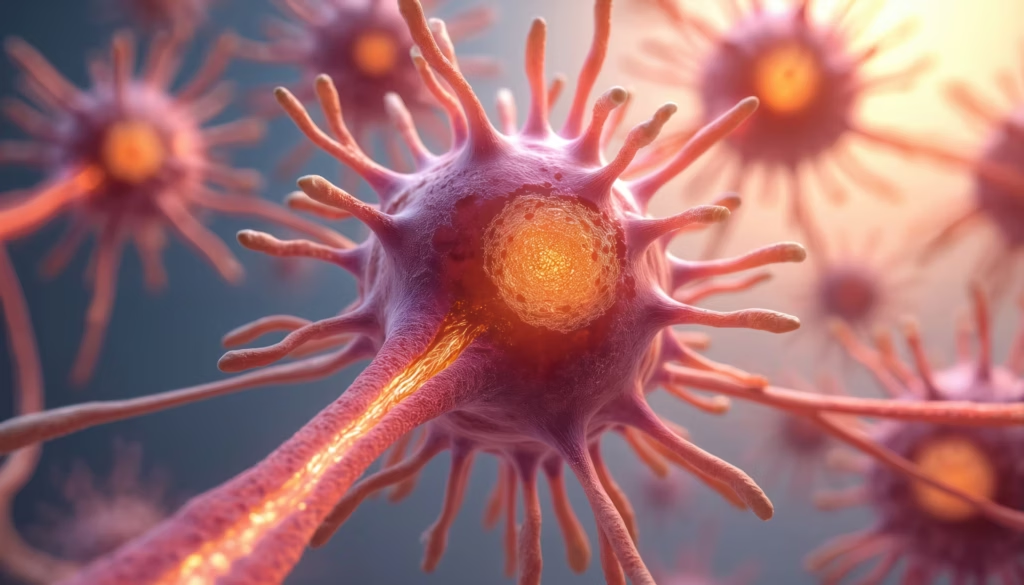
At EAN 2025, Prof. Moccia shared his perspective on the evolving multiple sclerosis McDonald criteria, the role of advanced imaging and fluid biomarkers, and the exciting innovations reshaping MS diagnosis and management.

Physician burnout is at a critical point. In this episode, Nicky speaks with Dr Alfred Atanda about why so many physicians are burning out and what can be done to change the trend. From personal experience to system-wide solutions, Dr Atanda shares valuable insights on improving physician well-being and building a more effective healthcare culture.

In this episode, we explore the future of continuing medical education (CME) with the team behind touchIME. Hannah Fisher and Matthew Goodwin share insights into global and US trends, the importance of patient inclusivity and how educational outcomes are evolving to better measure the direct impact of learning on clinical practice and patient care.

"this is a field where rigorous science can rapidly change lives" Dr Bardia Nourbakhsh, Associate Professor of Neurology, Johns Hopkins University, Baltimore, MD, USA, is a rising star whose work bridges rigorous clinical neurological research with compassionate, patient-centred care. ...

Multiple sclerosis (MS) is a chronic neurological condition that often presents with vague or intermittent symptoms, making early recognition particularly challenging in primary care. As diagnostic delays can significantly impact long-term outcomes, timely identification and referral are critical. In alignment ...
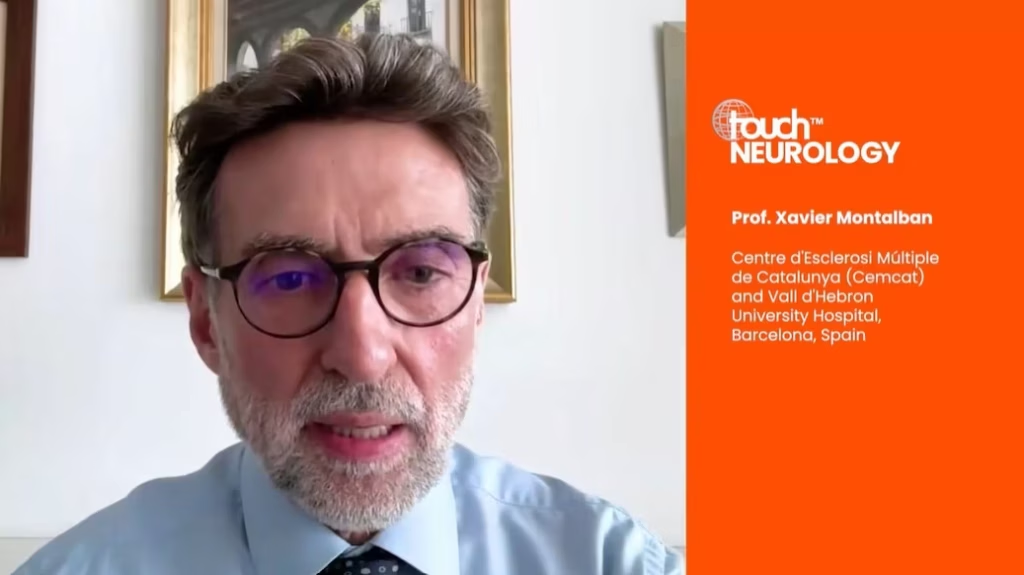
Join an expert as they discuss MS pathophysiology and the potential of BTK inhibitors to delay progression.

touchNEUROLOGY is delighted to congratulate Dr Amit Bar-Or of Penn Medicine on receiving the 2025 John Dystel Prize for Multiple Sclerosis Research, jointly awarded by the National Multiple Sclerosis Society (NMMS) and the American Academy of Neurology (AAN). This honour recognizes his groundbreaking work in neuroimmunology, precision medicine, and biomarker research in multiple sclerosis (MS).

The 2025 Annual Meeting of the American Academy of Neurology in San Diego brought together over 14,500 neurology professionals from 110 countries and all 50 US states, alongside more than 300 exhibiting companies. It was a week filled with inspiring science, learning, and global collaboration—all in support of advancing brain health for all. Among the many highlights were the late-breaking abstracts, showcasing some of the most exciting developments in neurology. From this impressive selection, we’ve chosen five standout presentations that reflect the innovation and momentum seen throughout the meeting.
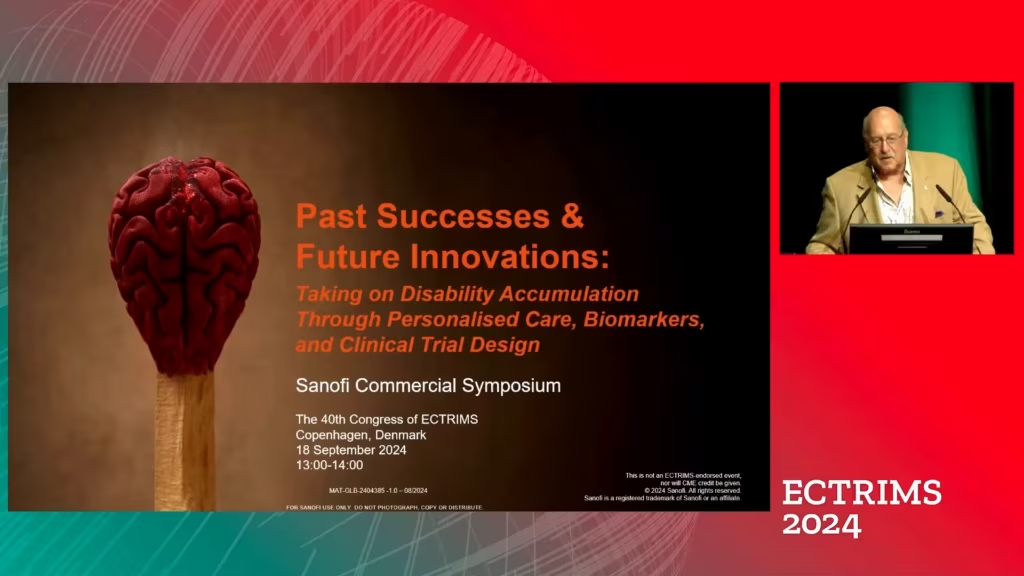
Sanofi at ECTRIMS 2024. Join MS experts as they examine disability accumulation through the lens of personalised care, biomarkers, and clinical trial design. Hear their perspectives on the complexities of balancing improved relapse management with the ongoing challenge of disability accumulation.
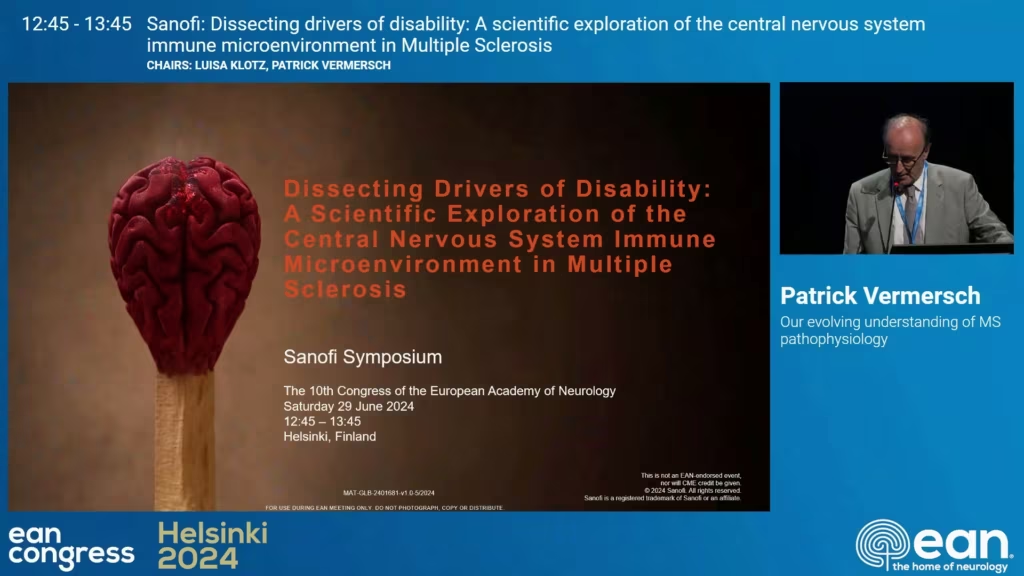
Sanofi at EAN 2024. Hear from the experts about our evolving understanding of multiple sclerosis pathophysiology and the role of smoldering neuroinflammation, with a closer look at microglia and BTK.
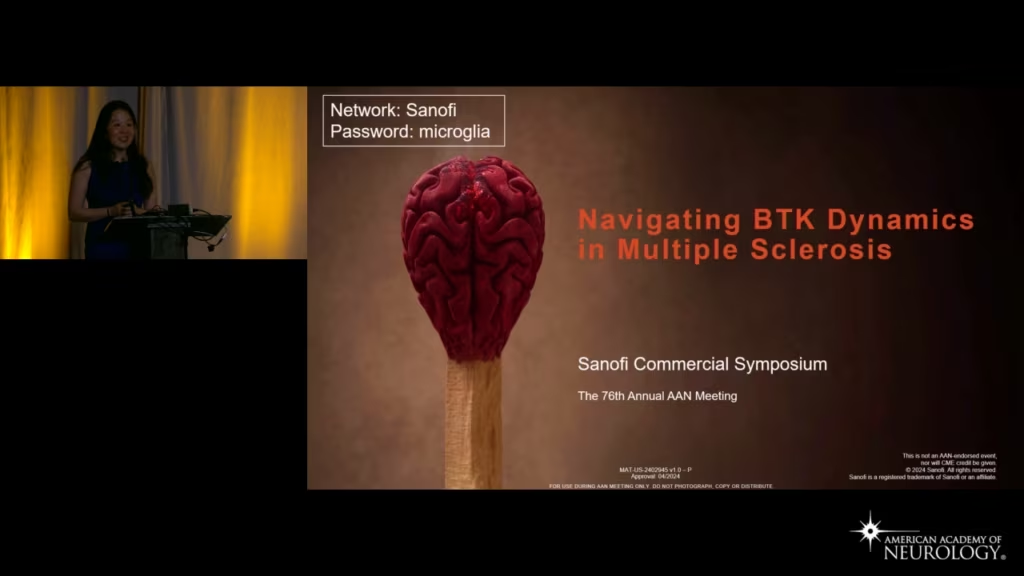
Sanofi at AAN 2024. Join MS experts as they examine the role of smoldering neuroinflammation and its underlying biology, with a closer look at microglia and BTK.
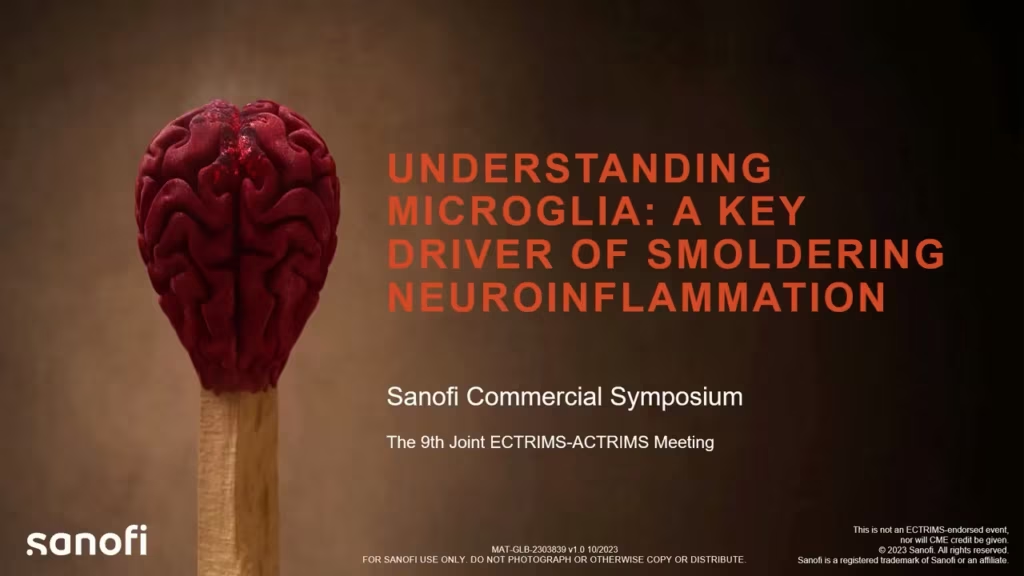
Sanofi at ECTRIMS 2023. Explore smoldering neuroinflammation, which results in physical and cognitive disability accumulation, and its impact on your patients.
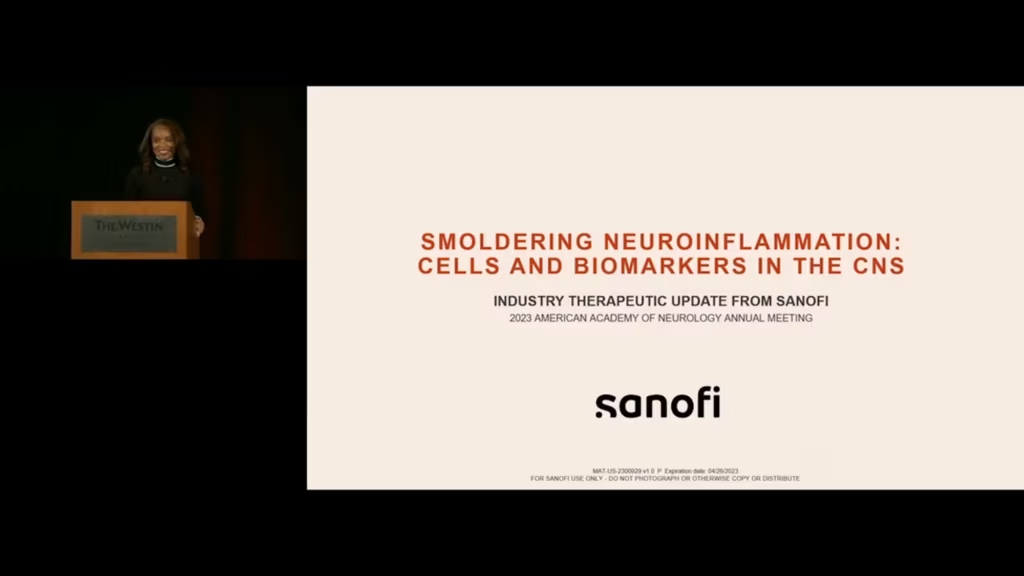
Sanofi at AAN 2023. Explore perspectives on MS disability accumulation in the time of highly effective therapies, the smoldering neuroinflammatory pathway, and CNS biomarkers of the future in this Industry Therapeutic Update.
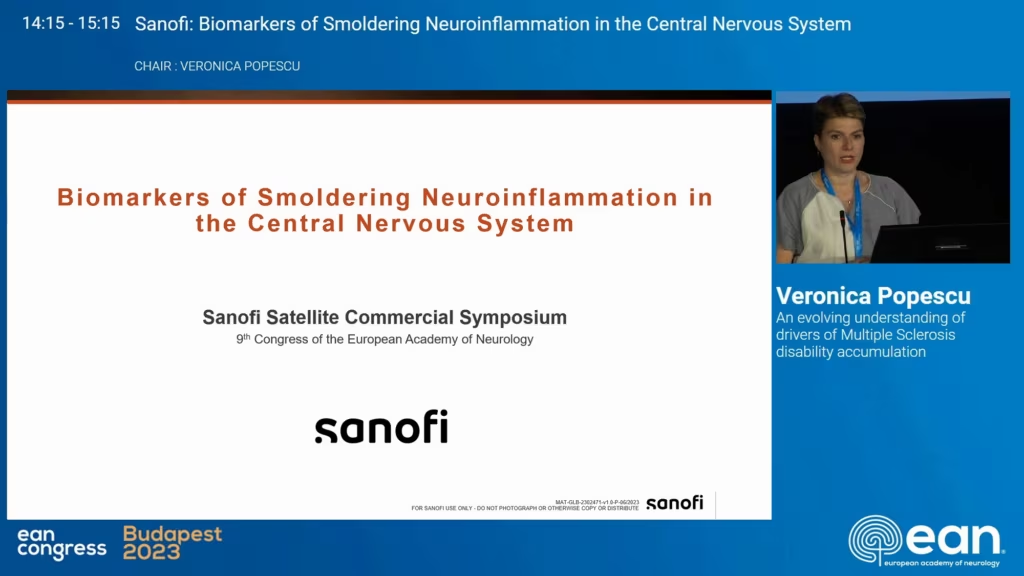
Sanofi at EAN 2023. Learn about the drivers of multiple sclerosis disability accumulation, the unique role of smoldering neuroinflammation, and the role of “big data” in central nervous system biomarkers of the future.
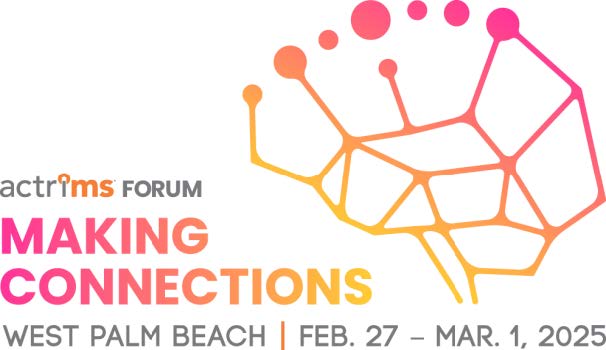
The Americas Committee for Treatment and Research in Multiple Sclerosis (ACTRIMS) is gearing up for its tenth annual Forum, set to take place from February 27 to March 1, 2025, at the Palm Beach County Convention Center and Hilton West Palm Beach in Florida. This year’s theme, “Making Connections,” will emphasize vital links within the brain, between the brain and body, and across the multiple sclerosis (MS) research and clinical communities.
Latest articles videos and clinical updates - straight to your inbox
Log into your Touch Account
Earn and track your CME credits on the go, save articles for later, and follow the latest congress coverage.
Register now for FREE Access
Register for free to hear about the latest expert-led education, peer-reviewed articles, conference highlights, and innovative CME activities.
Sign up with an Email
Or use a Social Account.
This Functionality is for
Members Only
Explore the latest in medical education and stay current in your field. Create a free account to track your learning.


